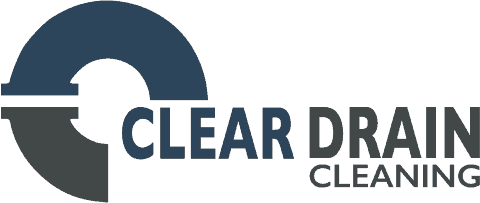Cities around the country are declaring war on flushable wipes. In early 2015, New York City’s Department of Environmental Protection revealed that removing flushable wipes from the city’s sewers are costing taxpayers a cool $3 million per year, and that over the past 5 years, the city has spent north of $18 million to clean up the flushable (but not degradable) wipes.
Flushable wipes don’t degrade in sewers
Wyoming, MN took the issue a step further and sued a half-dozen makers of flushable wipes in federal court, saying that the wipes don’t break down in the sewers, and instead collect on pumps and sidewalls, resulting in higher than normal maintenance and cleaning costs.
Cities aren’t the only ones getting into the act. More than 100 people have joined a federal class-action lawsuit against manufacturers of the wipes, claiming that the wipes led to catastrophic sewage backups in their homes. Dissolvability tests show a wide variation among brands and within brands, with some brands not dissolving at all, while others take hours or minutes. By comparison, ordinary household toilet paper begins dissolving with 10 seconds of making contact with the water in the bowl.
Outside of London, England in 2013, crews worked for six months to dislodge a 15-ton collection of kitchen grease and flushable wipes that combined to clog a city sewer line.
In May, the Federal Trade Commission announced that it had entered into a consent agreement with the maker of white-label wipes for BJ’s Wholesale Club, Costco, CVS and Target to remove the word “flushable” from its packaging until the company could sufficiently demonstrate that the wipes do indeed break down in the sewers.
Industry groups say that flushable wipes are taking the blame for other types of wipes that aren’t marketed as “flushable,” including baby wipes and cleaning wipes. The industry also claims that new materials with improved dissolvability are scheduled to hit the market in 2016, and that the companies that produce the wipes are taking steps to educate the public regarding the flushability of different kinds of wipes.
If you use flushable wipes, or tend to flush wipes of any kind when you’re finished with them, you should know that the wipes can quickly combine with other sewer “residents” to create some serious problems. To avoid these, the best strategy is to refrain from flushing anything other than toilet paper and human waste down your toilets. Instead, dispose of other waste materials like wipes, diapers, feminine products, paper towels and even facial tissues in the trash. Periodically, have your main sewer connection inspected and cleared out to prevent debris from collecting in your sewer and clogging your drain.
If you would like to have your sewer line inspected, please contact us at Clear Drain Cleaning at (330) 343-7146 anytime. We offer 24-hour emergency drain cleaning, conduct video inspections of your sewer lines and use the latest tools and equipment to clear sewer lines fast! Prevention is always the best strategy, but when you can’t prevent a sewer line problem, Clear Drain Cleaning is your next best option!

Recent Comments